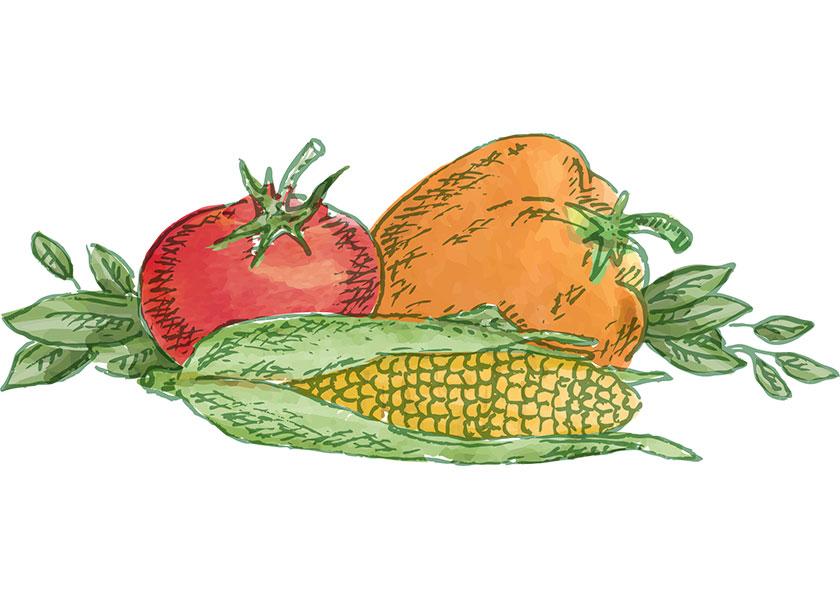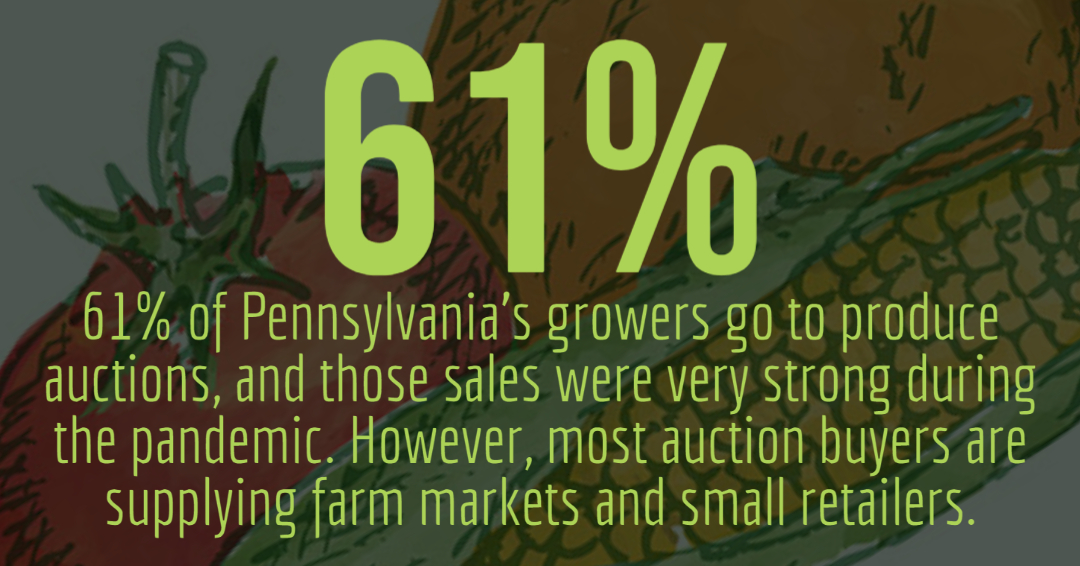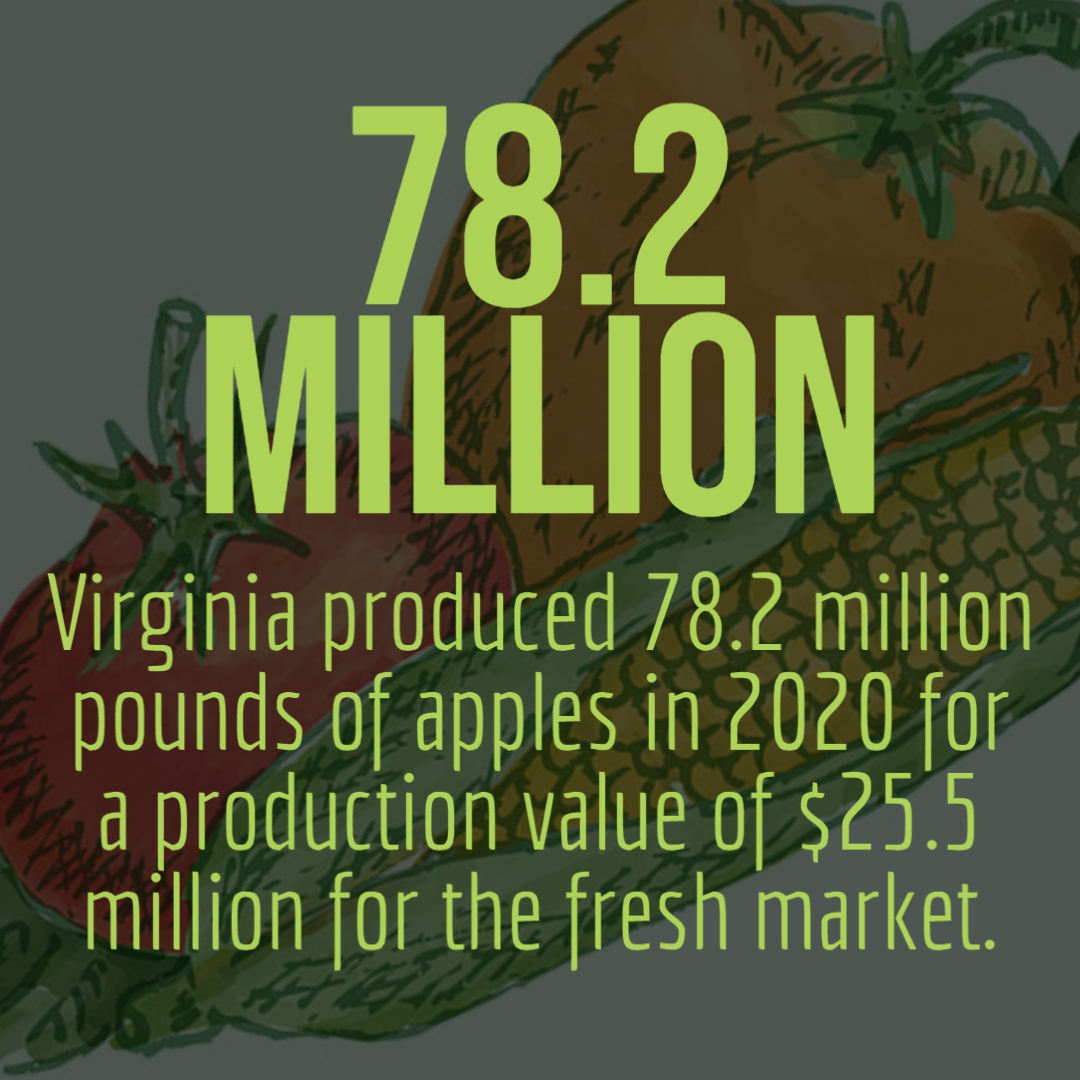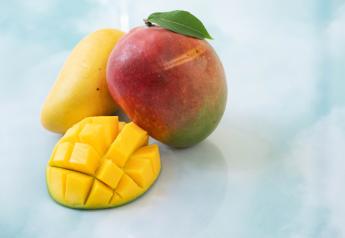Mid-Atlantic growers, marketers expect good summer season

A cold spell early in the growing season has delayed some Mid-Atlantic harvests, but not for long. Overall, the region’s summer crop is looking good. “A cool spring may have kept some growers from getting into the fields as early as they would like, but warming temperatures are allowing crops to catch up and farmers are harvesting right on schedule,” said Joe Atchison III, New Jersey Department of Agriculture’s marketing and development division director. With the mild winter and spring, farmers statewide are expecting full crops across the board, he said.
Pennsylvania had similar growing-season weather, as well as similar high demand. “Sales were very strong this spring, on par with what they were last spring,” said Bill Troxell, executive director of Pennsylvania Vegetable Growers Association.
Much of the state’s produce is grown for local consumers through farm markets, you-pick, and farm stands. Troxell’s also part of the state’s vegetable marketing and research program funded by grower assessments. “Last year, the biggest wholesale outlet for wholesale growers in Pennsylvania were wholesale auctions,” he said. Troxell said 61% of Pennsylvania’s growers go to produce auctions, and those sales were very strong during the pandemic. However, most auction buyers are supplying farm markets and small retailers.

Chris Powell, owner of Strasburg, Pa.-based Good Harvest Farms, is seeing strong sales for his produce at the Lancaster County Farmers Market in Wayne, Pa. He used to do wholesale business but has narrowed his focus in recent years after his children grew up and pursued other careers away from home.
Good Harvest Farms is an example of the region’s characteristic agriculture, which boomed during the pandemic when consumers explored more outdoor and local options. Powell’s field farm and greenhouse in Strasburg, which used to include a retail store, sells radishes, melons, tomatoes, carrots, lettuces, spring onions and snap beans, among other types of produce.
“Customers want to buy from someone they can trust,” he said. “They changed their buying habits over COVID and realize now it’s the best choice for their families.”
Included states
The boundaries of the Mid-Atlantic change depending on who you ask. While Delaware, Maryland, New Jersey, Pennsylvania and Virginia are included in the Mid-Atlantic Fruit and Vegetable Convention, some experts include more states.
The U.S. Geological Survey describes the Mid-Atlantic region as all of Maryland, Delaware, the District of Columbia, Pennsylvania and Virginia, along with the parts of New Jersey, New York, and North Carolina that drain into the Delaware and Chesapeake bays and the Albemarle and Pamlico sounds.
Debby Wechsler, executive secretary of the North American Raspberry and Blackberry Association, considers North Carolina firmly in the South.
Production and value
States such as Maryland and Delaware don’t grow fresh produce in the quantities or values that made the list of the USDA’s 2020 Agriculture Overview.
Virginia produced 78.2 million pounds of apples in 2020 for a production value of $25.5 million for the fresh market. The state produced 110.7 million pounds of peanuts for a $24.1 million value. Most of the other big crops are grains, cotton, tobacco, bedding plants and foliage.
In Pennsylvania, sweet corn is the biggest crop by acreage, followed by potatoes, pumpkins and snap beans. Tomatoes would

Vegetable Marketing &
Research Program
come next, although they’ve been getting high prices, Troxell said.
“Particularly in high-tunnel tomatoes are a big deal for a lot of growers. At the produce auctions now, they’re routinely bringing in $50 for a box of tomatoes, or more because they’re locally grown tomatoes,” Troxell said.
“During May and June, we don’t have field-grown tomatoes, and they’re not gassed and are vine-ripe.” Pennsylvania produced 192.2 million pounds of apples for fresh market with a $69.8 million production value in 2020. The state produced 10,030 tons of peaches for fresh market valued at $18.3 million.
For snap beans, Pennsylvania harvested 7,900 acres in 2020, compared to 7,200 acres in 2019 and 7,400 acres in 2018. The 2020 haul for the fresh market was valued at $2.9 million.
In New Jersey, there is a lot.
- Blueberries: 37.8 million pounds for fresh market valued at $71.8 million in 2020;
- Bell peppers: 1 million cwt. valued at almost $56 million;
- Peaches: 76,000 tons valued at $20.8 million;
- Cranberries: 20,710 barrels for fresh market valued at $1.1 million;
- Asparagus: 57,000 cwt. valued at $14.9 million;
- Squash: 284,900 cwt. valued at $11.1 million; and
- Spinach: 195,500 cwt. valued at $6.2 million.
Challenges
Labor, freight and pallets continue to pressure the industry. “Like most growers across the country, farm labor continues to be a challenge in 2021, but that will not stop product from being available to retailers,” Atchison said. “And with ever increasing shipping costs, it’s important to note that New Jersey’s farmers are only hours away from approximately 50 million consumers.”
The department doesn’t consider the newer types of indoor agriculture and local supply chains to be competition for traditional agriculture.
“The New Jersey Department of Agriculture supports agriculture in all its forms, whether conventional or organic, rural or urban, or traditional field grown or indoor,” he said. “These diverse methods for growing produce highlight the innovation and ingenuity our farmers.”







